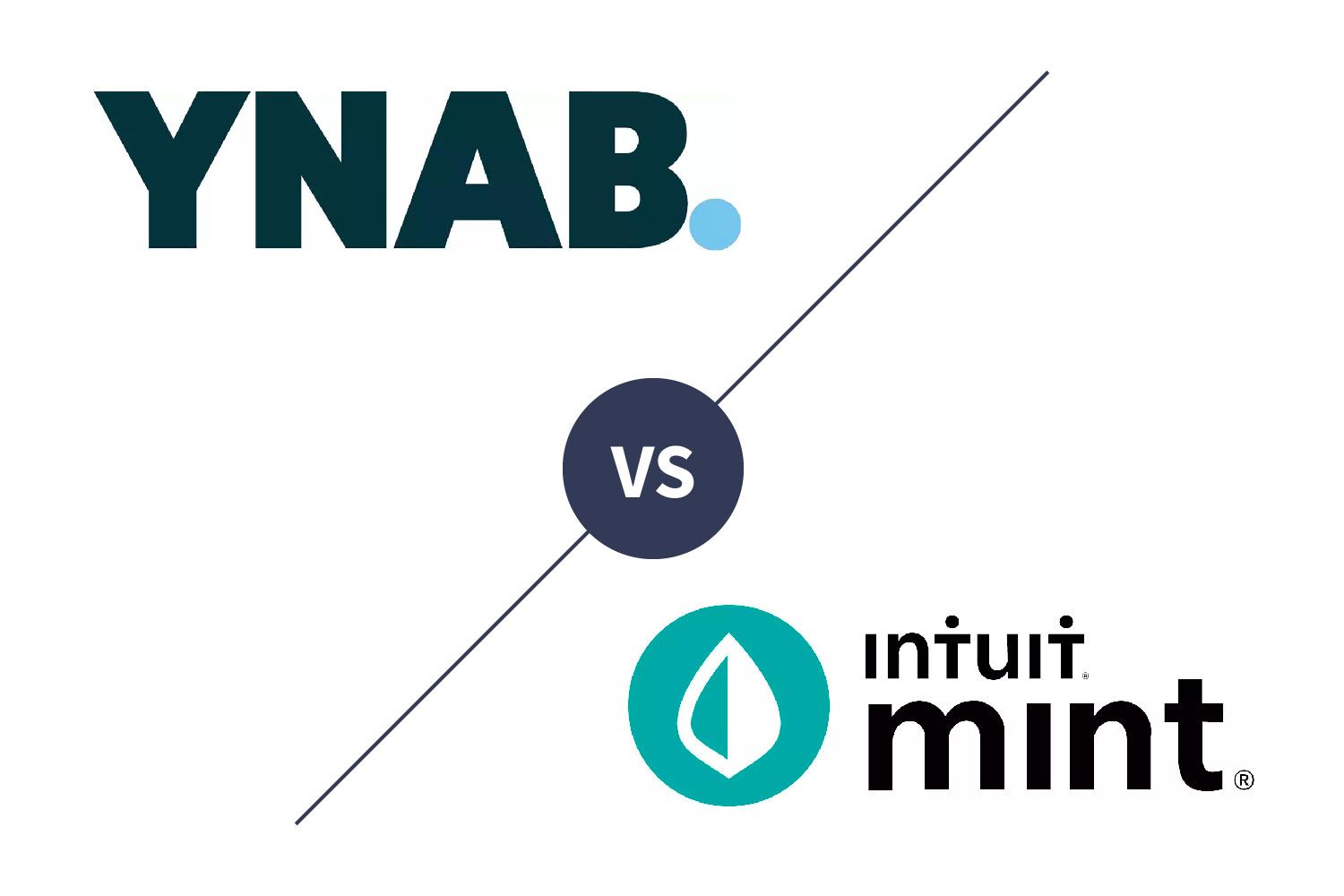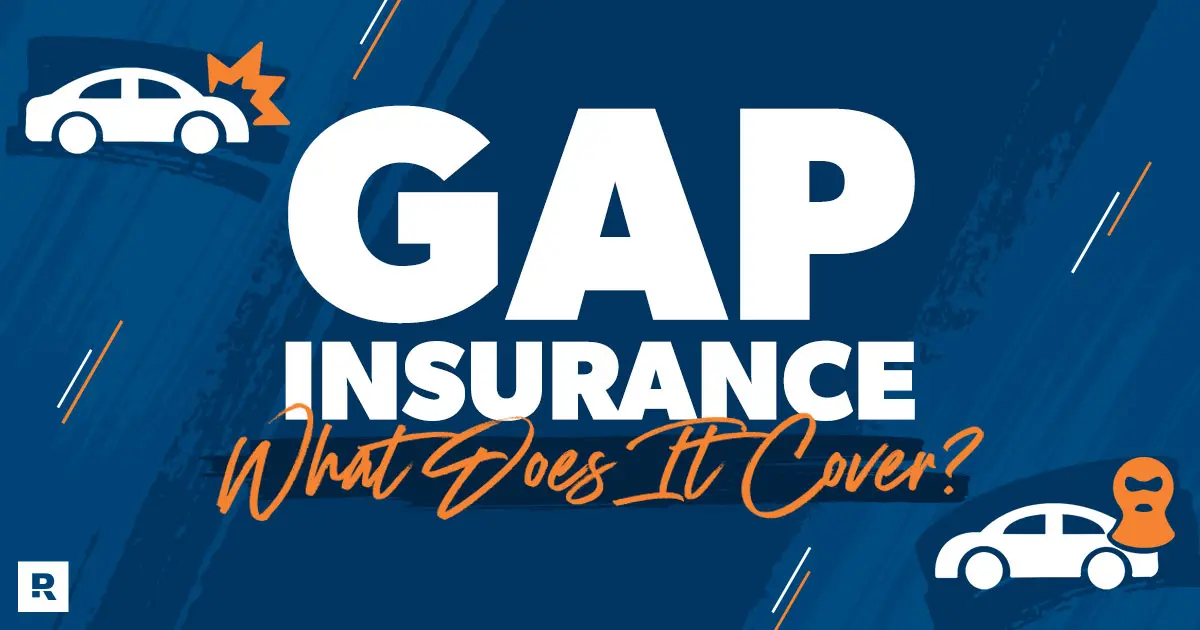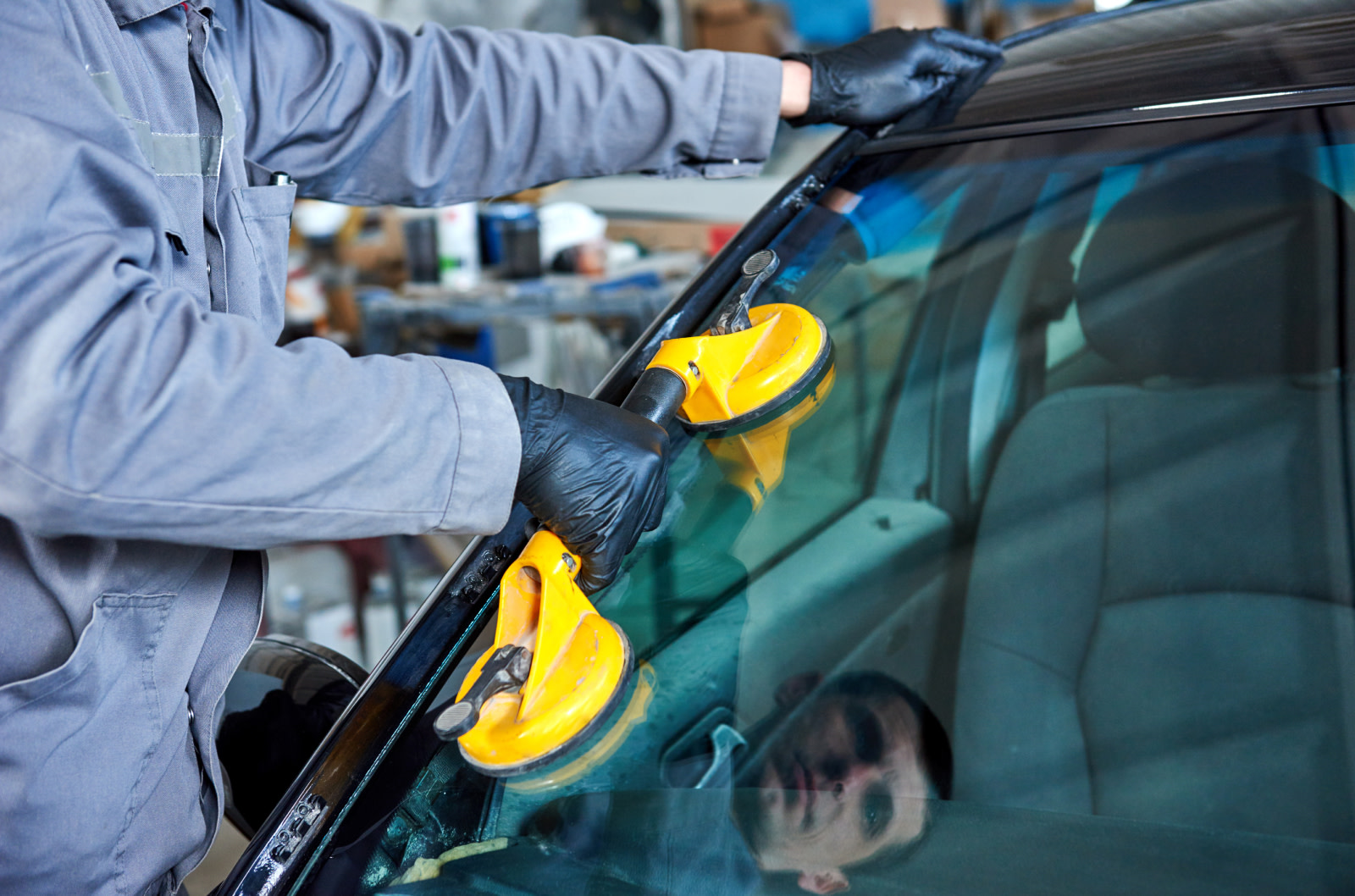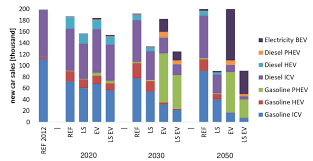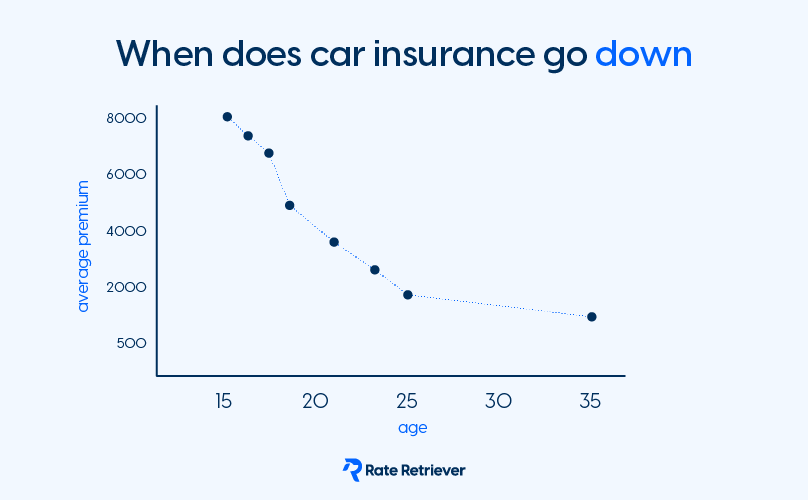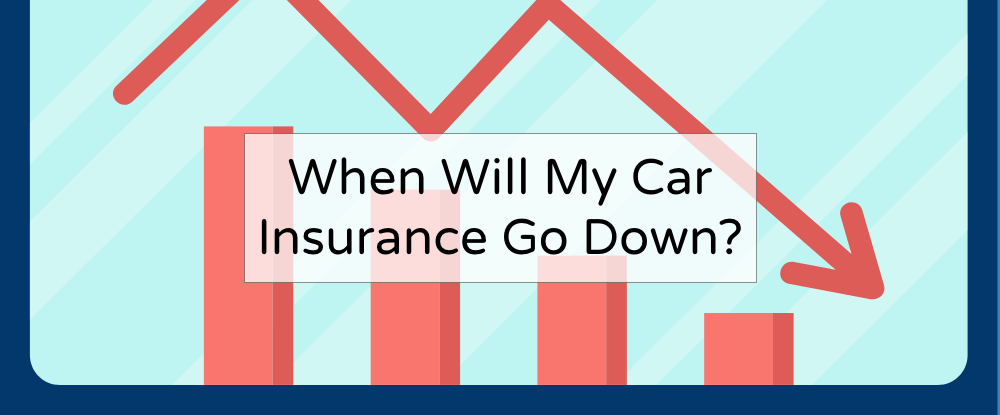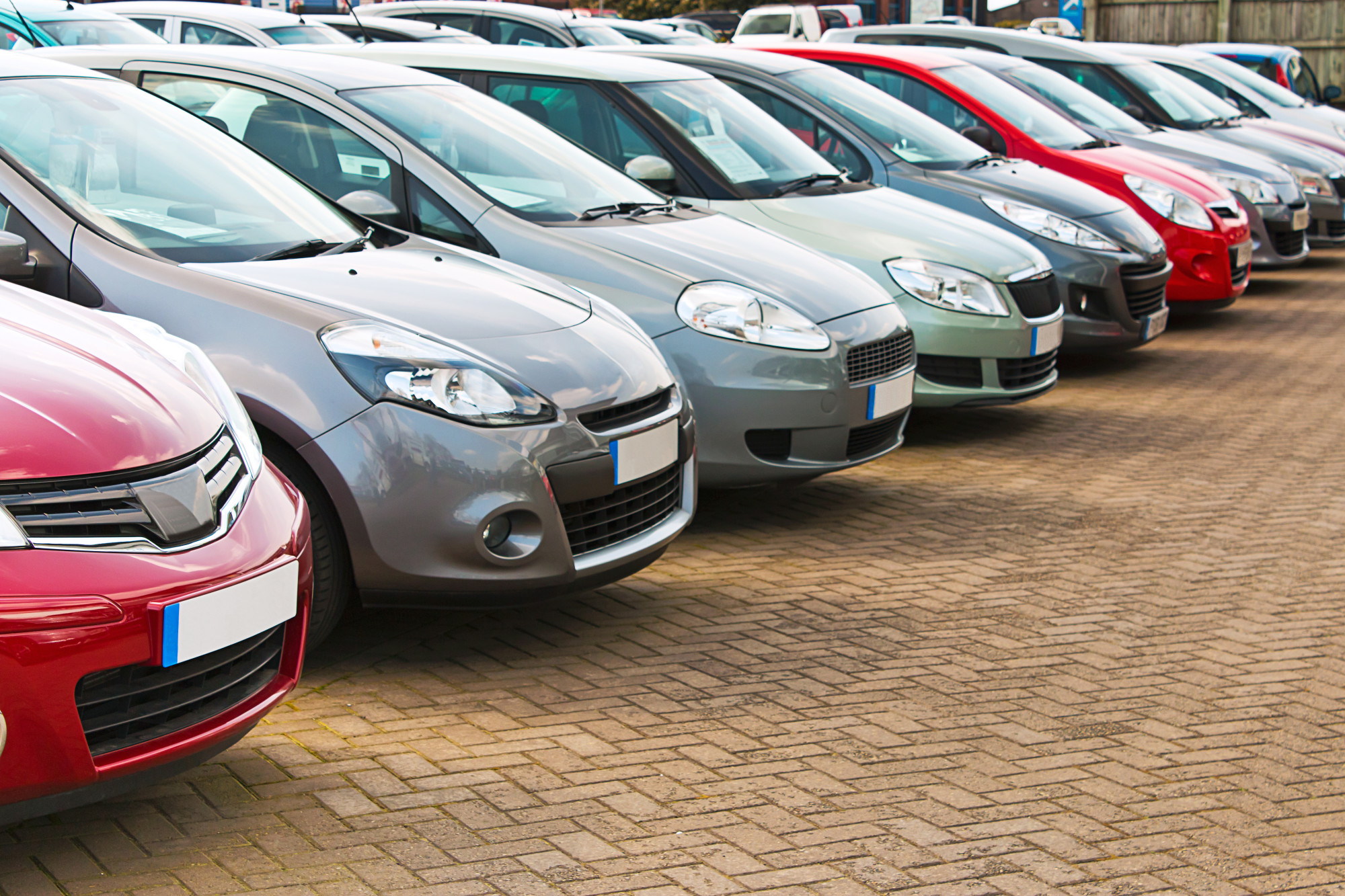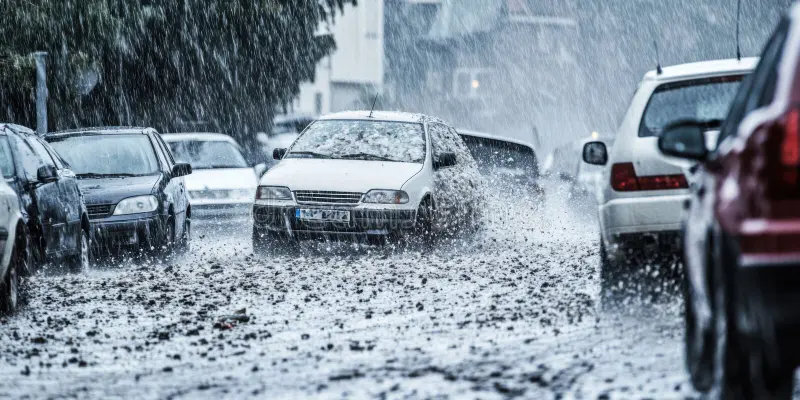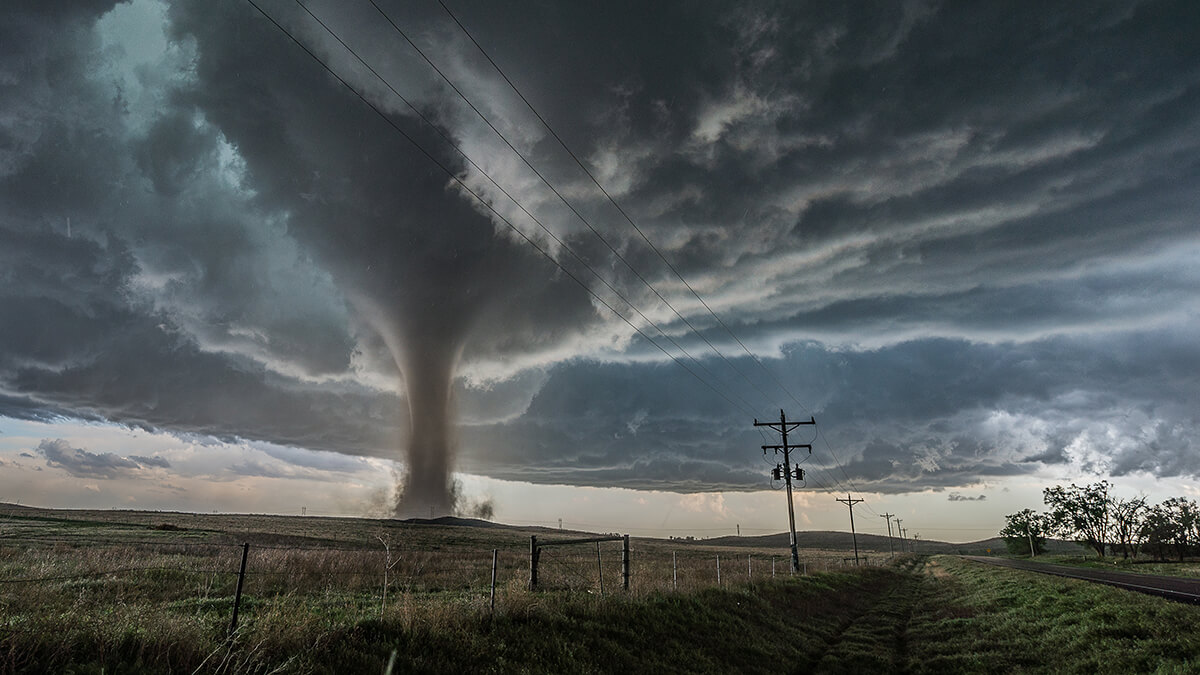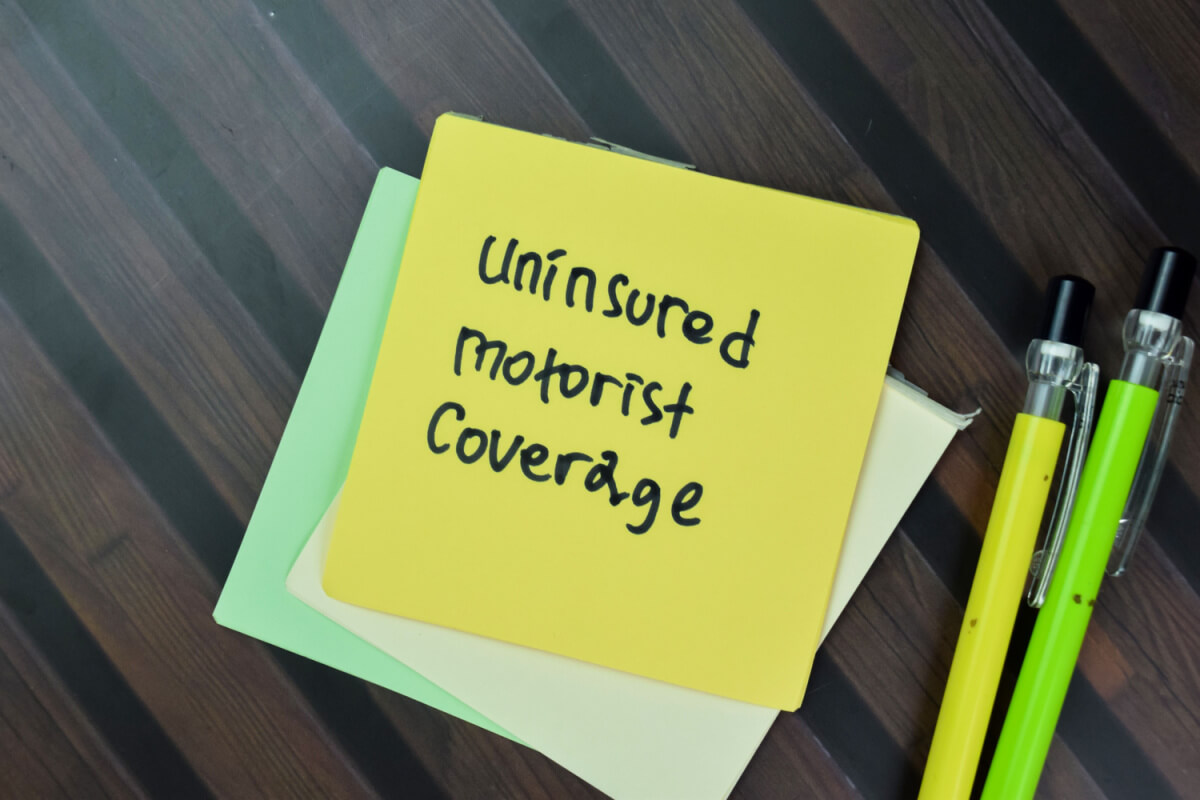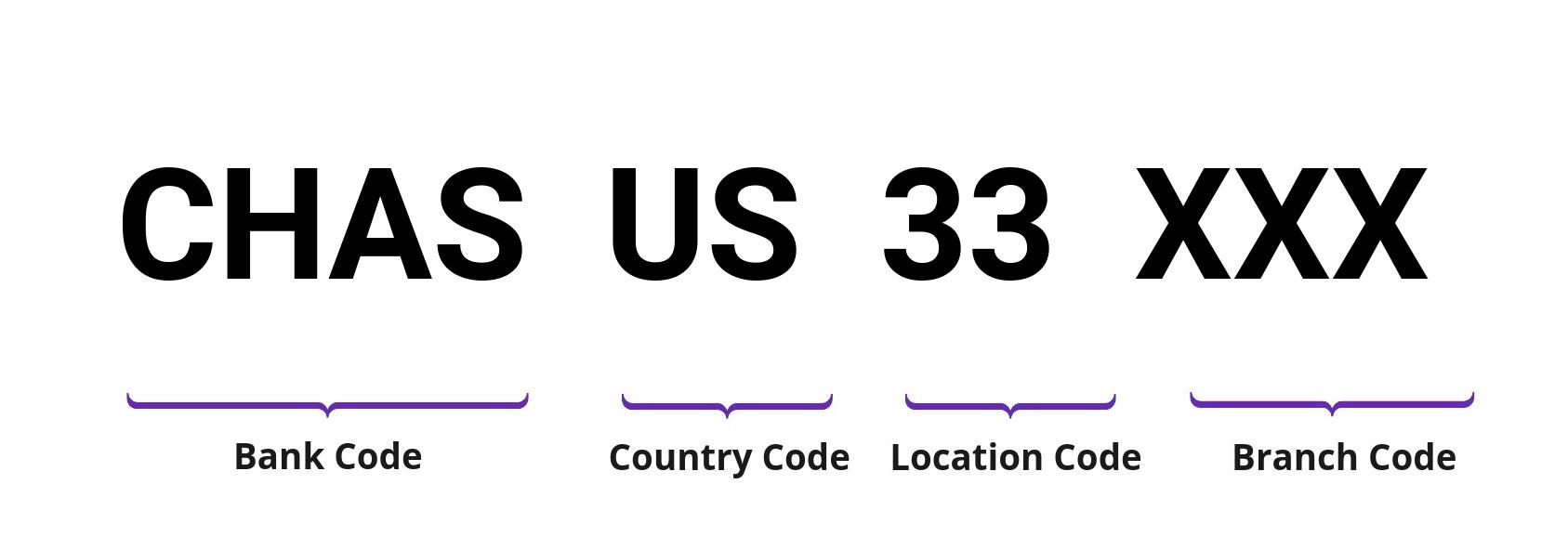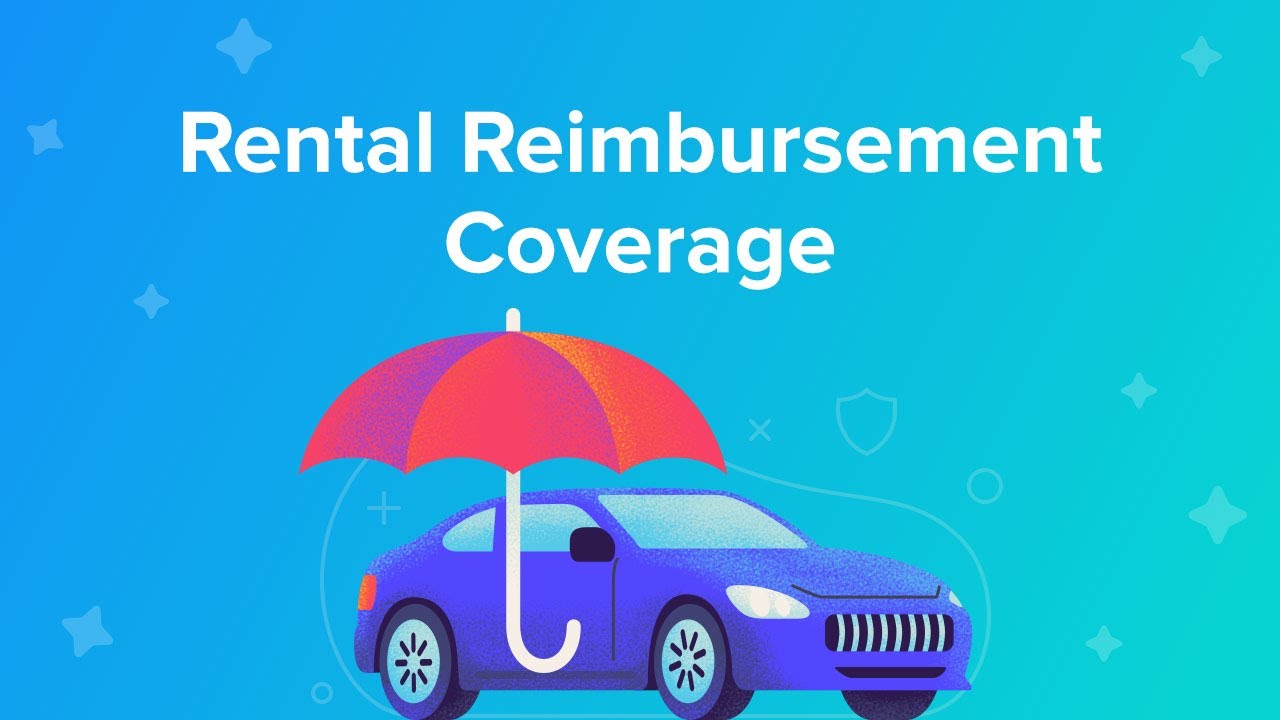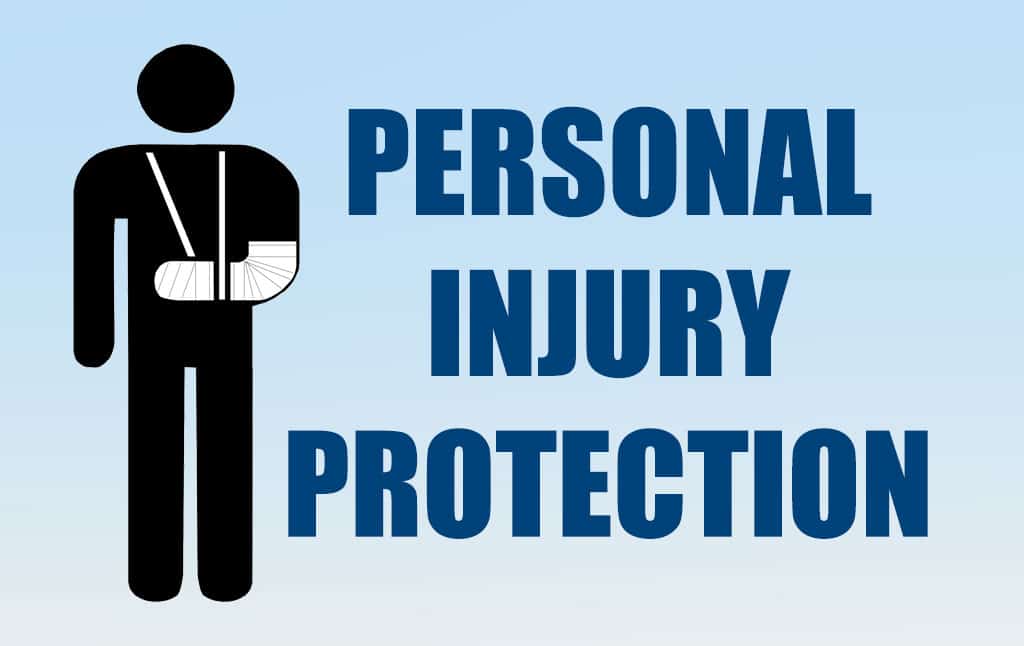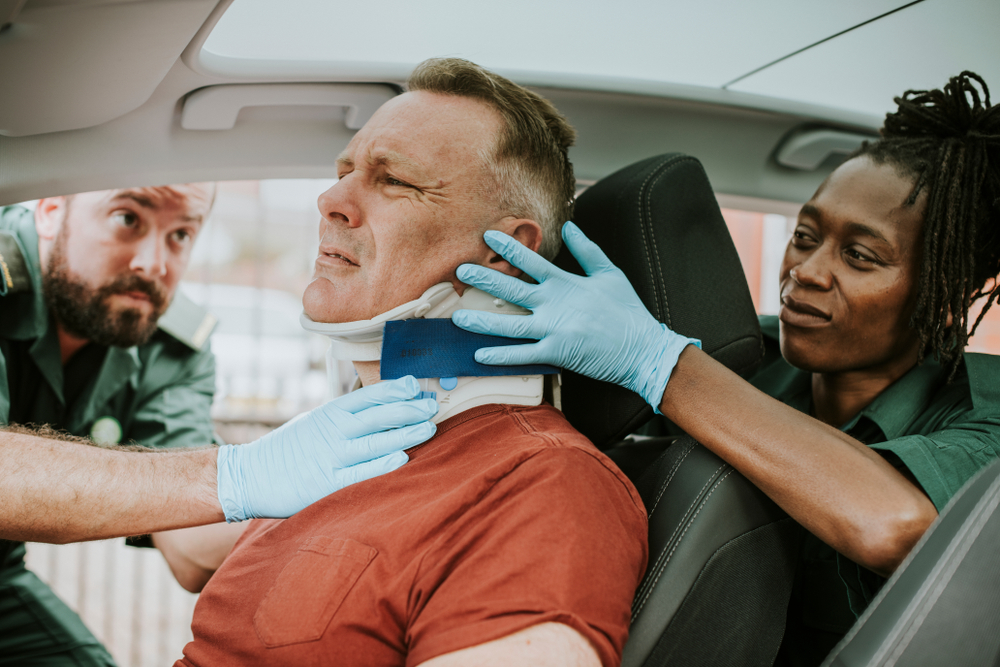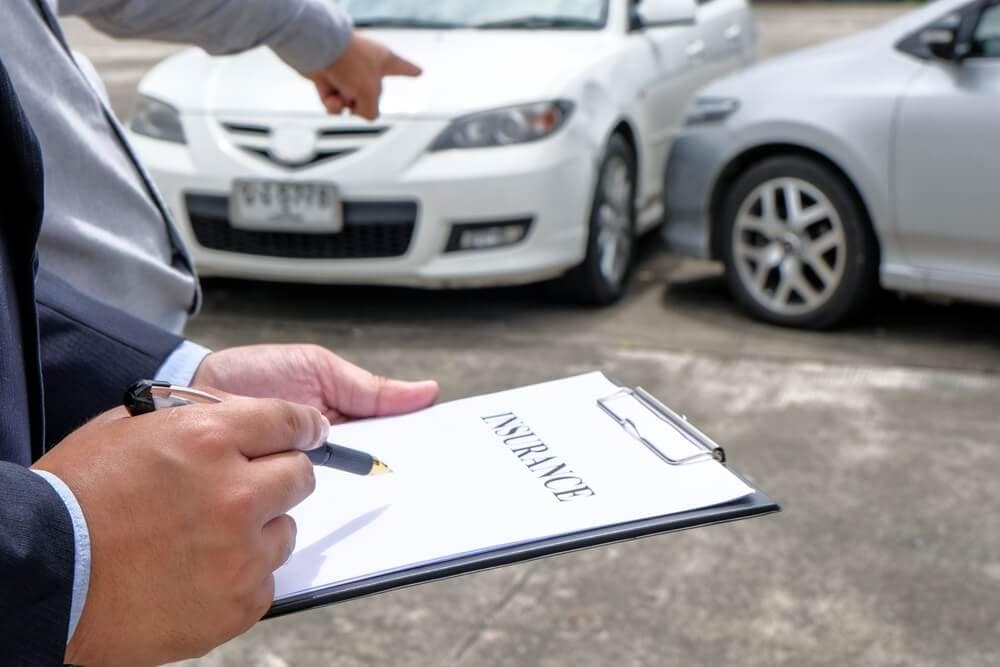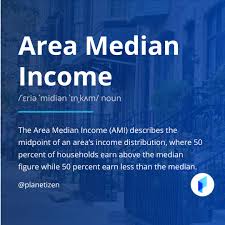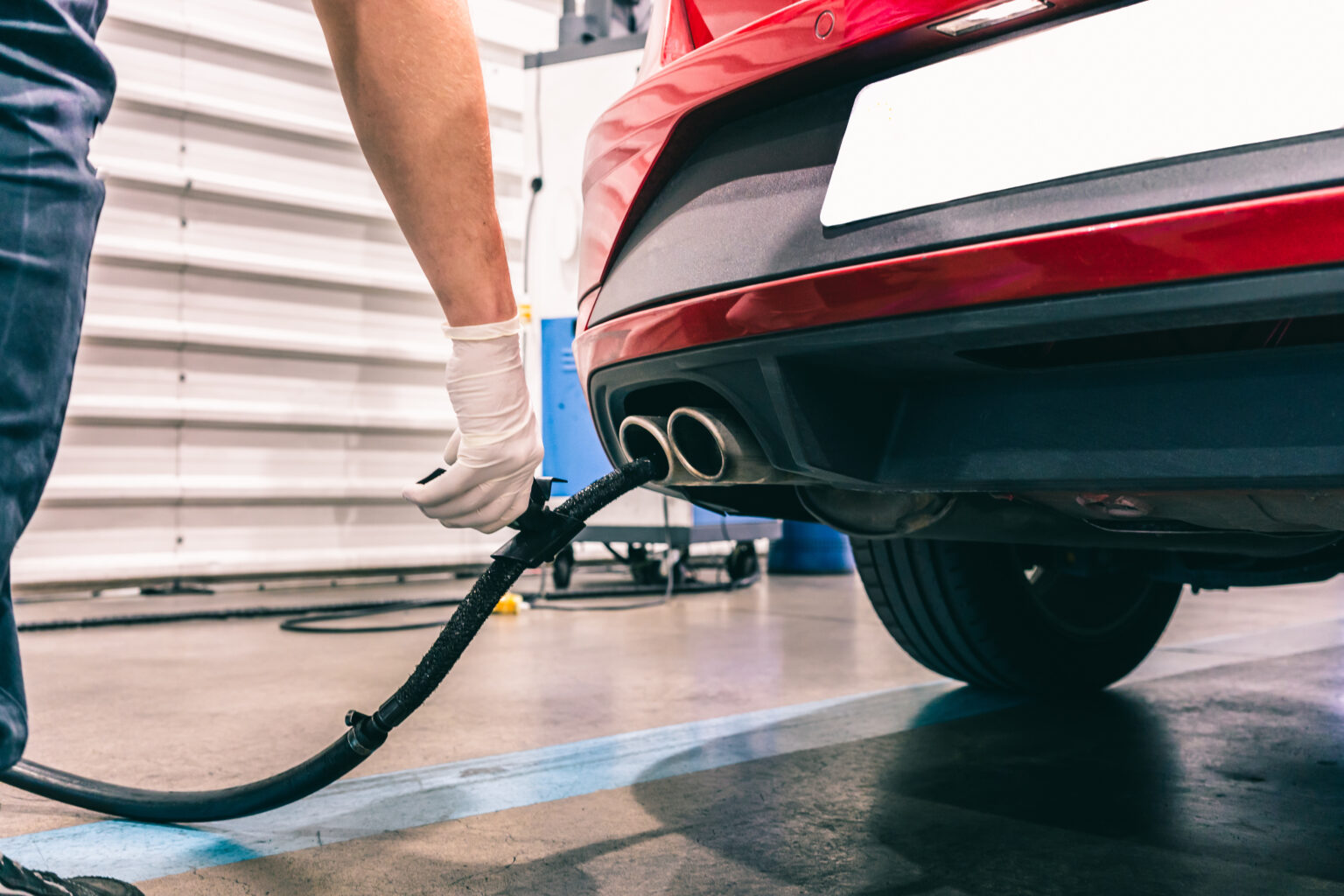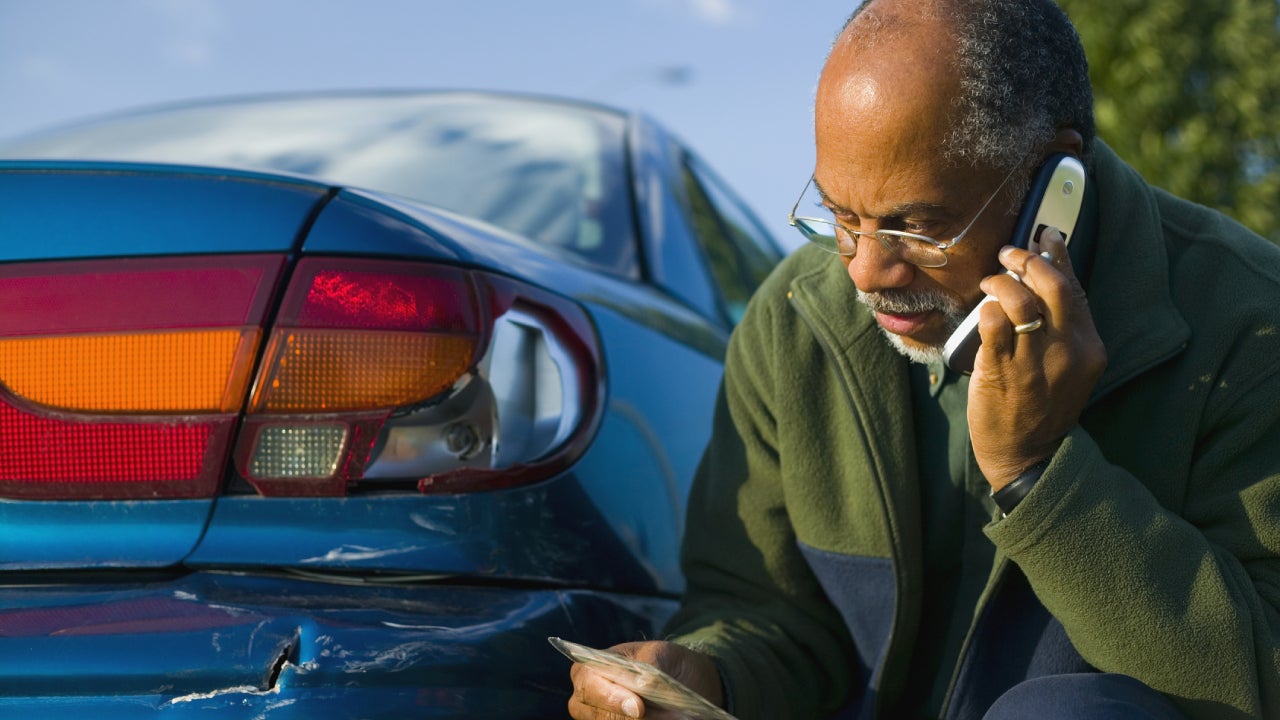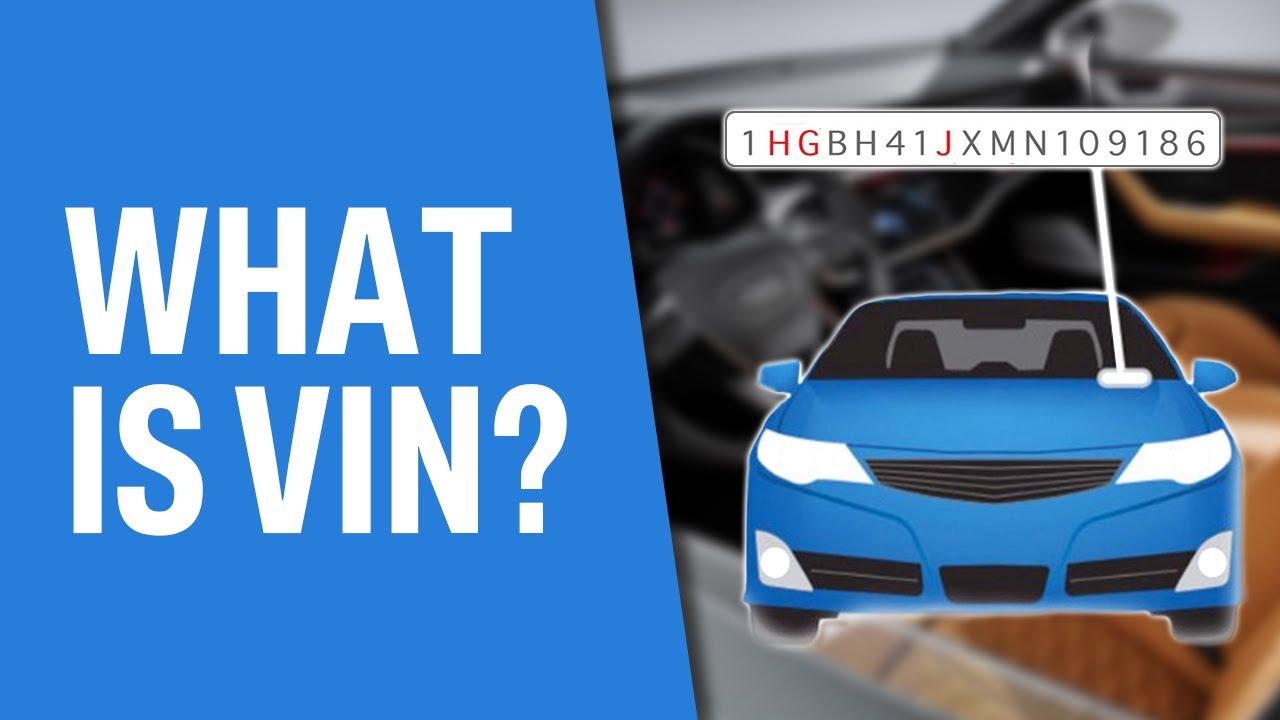If you’ve ever been in a car accident or know someone who has, you may have heard the term “personal injury protection” or PIP. But what exactly does it mean, and why is it important? Let’s break it down in simple, human terms.
What is Personal Injury Protection?
Personal Injury Protection (PIP), often called no-fault insurance, is a type of auto insurance coverage that helps pay for medical expenses, lost wages, and other related costs if you or your passengers are injured in a car accident. The best part? PIP kicks in regardless of who caused the accident.
In some states, PIP coverage is required, while in others it’s optional or not offered at all. This means it’s essential to check your state’s car insurance regulations. Learn more about state insurance requirements here.
What Does PIP Cover?
PIP goes beyond just medical bills. Depending on your state, it may cover:
- Medical bills: For you and anyone covered on your policy. This includes injuries from being hit as a pedestrian or cyclist.
- Lost wages: If you or your passengers cannot work due to injuries.
- Household services: Assistance like childcare, house cleaning, or yard work.
- Disability and rehab costs: Covers ongoing treatment if you’re temporarily or permanently disabled.
- Death benefits: Paid to your family in the unfortunate event of a fatal accident.
Pro Tip: Some states offer PIP deductibles. This means you can choose a deductible amount to potentially lower your premium. Learn more about PIP deductibles.
What is a No-Fault Insurance State?
No-fault insurance states require drivers to carry PIP coverage. These states also limit your ability to sue for minor injuries, keeping courts focused on serious cases. The goal? Reduce overall auto insurance costs. Check which states are no-fault.
Most states are “at-fault” states, meaning PIP may be optional. In these states, liability insurance is mandatory, but PIP can provide an extra layer of protection.
What PIP Does NOT Cover
While PIP is helpful, it’s not a catch-all. It doesn’t cover:
- Vehicle damage: For this, you need comprehensive and collision coverage.
- Theft: Comprehensive coverage can handle stolen vehicle replacement.
- Property damage to others: Liability insurance is required if you damage someone else’s property.
PIP vs. Bodily Injury Coverage
Bodily injury liability covers injuries you cause to others. PIP, on the other hand, covers injuries to you and your passengers. Even in no-fault states, drivers often still need bodily injury liability for severe accidents. Understand the differences here.
Med Pay vs. PIP
If your state doesn’t offer PIP, you might consider Medical Payments Coverage (Med Pay). Like PIP, Med Pay pays for injuries regardless of fault but doesn’t cover lost wages or household services.
Choosing the Right Amount of PIP Coverage
Here are key considerations when deciding how much PIP coverage you need:
- Health insurance: If you already have solid health coverage, you might select lower PIP coverage to save money.
- Health insurance deductible: Without insurance or with a high-deductible plan, minimum PIP coverage can offer essential protection.
- Order of payment: PIP usually pays before your health insurance, making it a primary coverage option after an accident.
- Life insurance: PIP can provide benefits to your family if you die in a car accident.
- Lost wages: If your job involves physical labor, PIP can help cover income loss.
Learn More About PIP Coverage in Your State
To find out how PIP works where you live and determine the right coverage for you, speak with a licensed insurance representative or get a quote online.
Pro Tip: Use online car insurance calculators to compare PIP coverage with other types of insurance and find what best suits your needs.
